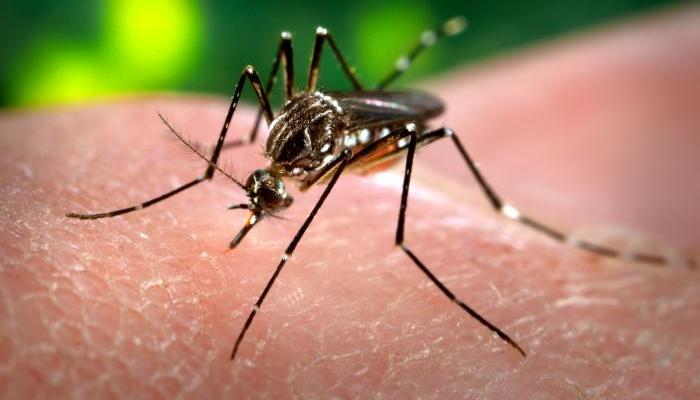Havana, June 18 (RHC) -- The Cuban Health Ministry announced on Wednesday the detection of six cases of Chikungunya virus on the island, explaining that all are Cuban citizens involved in illegal trade and who have frequently traveled to Haiti and the Dominican Republic.
The announcement published in this morning's edition of Granma newspaper recalls that in December 2013, the World and the Pan-American Health organizations issued a first epidemiological alert on the presence of Chikungunya in the Caribbean area, particularly in 16 countries of the region.
In a more recent report, on June 6, the Pan-American Health Organization reported a total of 130,941 suspected cases of the virus, with 4,486 confirmed as local and 35 imported into six countries: the United States, Panama, Chile, Aruba, Barbados and Cuba.
The Cuban Health Ministry explained that all six cases detected on the island are progressing well. And unlike those persons, all Cuban collaborators to other nations are submitted to strict checkup and quarantine before travelling back to the island.
Cuban health authorities suggest that permanent residents in Cuba, who travel to other Caribbean nations, to adopt all protection measures during their stay in those countries and to carry out sanitary control at doctors’ office during the first 72 hours after arriving in Cuba.
The Cuban Health System ratified the need to intensify the anti-vector fight underway on the island and called on the population to guarantee all necessary proceedings and actions in all homes and work centers to eliminate any possible breeding site of vectors.
All health personnel are appropriately prepared as all measures have been adopted to assist any case of this virus, the article reads.
Chikungunya is a virus transmitted to humans by Aedes aegypti and Aedes albopictus mosquitoes, which are present in Cuba. The symptoms of the virus abruptly appear after an incubation period of three or four days and include high fever, headache, rash, muscular and articular pains.


